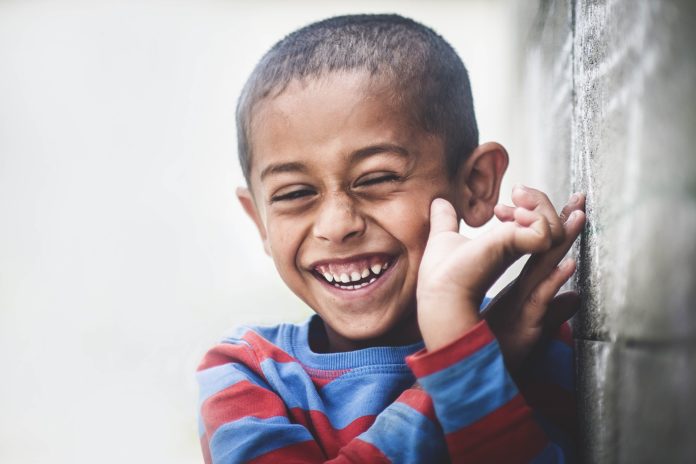Dan Pearce, from Single Dad Laughing, made a profound statement, when he said: “People who love themselves, do not hurt other people. The more we hate ourselves, the more we want others to suffer.”
This is very true for a bully. The bully becomes a bully because somewhere in his or her past (or present) he or she is being taught that he or she is not good enough, or unloved, or is ugly. Or most probably is being bullied (beaten, abused, undermined, etc.) themselves. their bully is either a family member or a friend, or someone very close to them. Thus, bullying is a vicious cycle that needs to be stamped out at the root. But finding that root is very difficult because no one – especially the bully – is not going to admit to being bullied, nor is a parent or a loved one going to own up to such behaviour.
Thus, we are often left with supporting and guiding the victim of abuse – the person who is being robbed, beaten, isolated, cyber-bullied, to name but a few was in which our children and teenagers are being ‘attacked’ by their peers, mostly at school, on the way to or back from school, and via social media.
As parents, we are often unaware that our children are being bullied. Thus, it is important to identify the signs of being bullied:
First and foremost, I always ask, if you – the parent – are listening to what your child is communicating or telling you. Sadly, it may not always be verbal, but often it is the more subtle medium of non-verbal communication.
These non-verbal signs are not always easy to read or decode for us as parents. Our children’s behaviour often changes when bullied – they become quieter, more withdrawn and they ‘lose’ their friends (more due to them being ‘isolated’ , a typical female bullying technique), or the child becomes aggressive. There may be a decline in the scholastic performance or there is an avoidance of of going to school all-together by ‘making themselves sick’ – stomach camps being the most common got-to illness. Consequently, we need to be very vigilant in this day and age, as bullying is definitely on the increase, as social media has made it so much easier.
However, the question remains – how can I equip my child with the necessary tools to deal with a bully or being bullied?
Firstly, we must ensure that our children know that they have the right to say ‘NO’ to any behaviour that is abusive and undermines them in any way or form. This includes sentences where a child might be called ‘fat’, ‘ugly’, ‘stupid’, etc. If these are sent through text message, please tell your child to keep these and to not delete, as these are proof and may be needed. This means that having open and honest conversations with your children about bullying are paramount and teaching them to say ‘NO’ are first on your ‘to-do’ list.
Secondly, give your child a safe space at home to express their feelings – be they positive or negative – and believe them. Trust your child because they will no lie about being bullied. Children and teenagers often feel disempowered because no one hears them or listens to them anymore – because they are told to be ‘quiet’ or ‘we will chat later’. Be that person that listens and hears them! Never ignore your child when they come to talk to you. they may not come to talk to you later – and by hen it may be too late!
Children must know when they can trust adults enough to get them involved in the bullying; and this starts with you! Make certain your child trust you enough to come to tell you he or she is being bullied or knows of someone else being bullied. Once you have sufficient knowledge, take action!
A further step that parents can take, is to teach their children to have different social networks. Being too dependent on one social, opens the child up to all kinds of problems. If there are different social networks that the child can join, then one can seek different stimulation from different sources and this lessens the dependency on the one group and thus, the chances of being bullied. you then do not have to be friends with the group who may be a bunch of bullies.
Lastly, parents and schools need to educate their staff and scholars to identify the signs and symptoms of anxiety and depression, as these go hand-in-hand with bullying. If these can be identified early enough in the encounter, then we as parents and staff, and role models can step up and support and guide the child or teenager more effectively before they are bullied further and become more and more depressed, perhaps considering suicide as the only way out.
Love your child, teach them to love themselves and to stand up for themselves and their friends – let us make a difference and make this world a better place!
Yours in Empowerment,
Sonja Broschk, MA
082 788 2080















